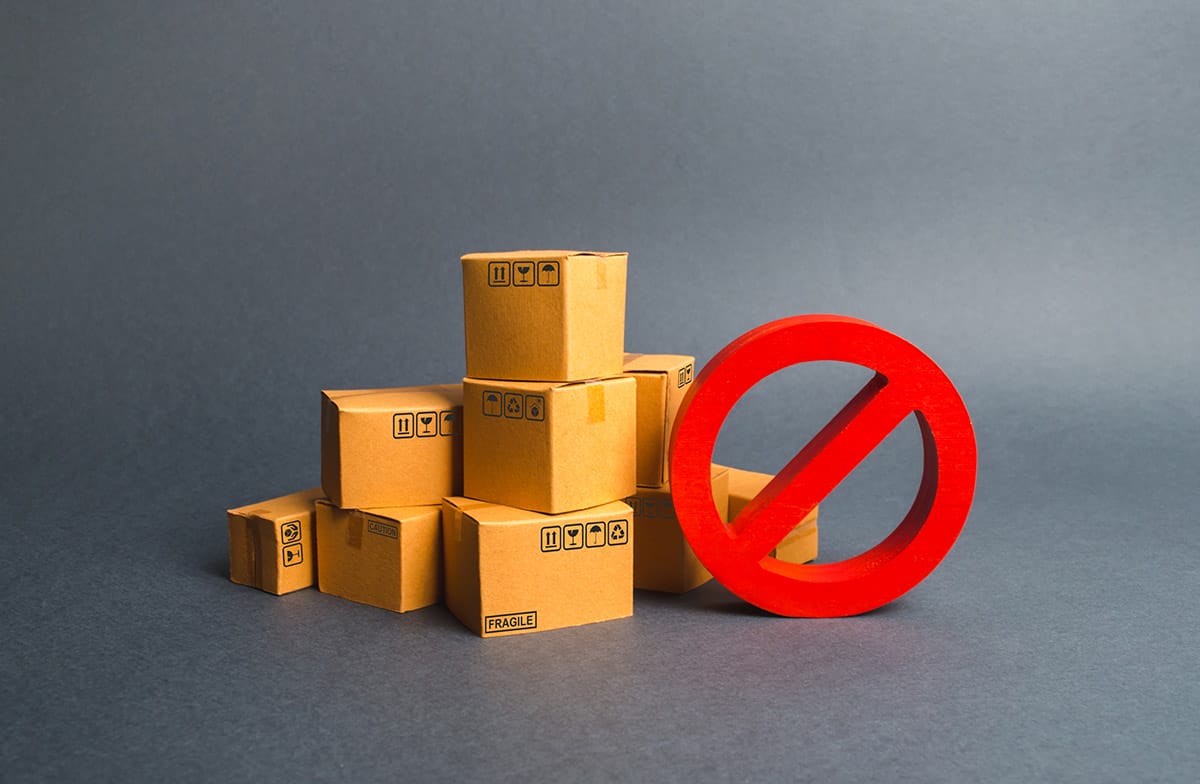Company-news
The Battle for Health and Trust: Online Sale of Counterfeit Medicines in the UK | Via Pharmacy Business

Drug shortages are leading to a rise in the online sale of counterfeit medicines in the UK. Simon Baggs and Holly Nash of Corsearch elaborate…
The proliferation of counterfeit medicinal products poses an ever-growing threat to public health. With an estimated 40,000 illegal online pharmacies operating currently, concerns arise for both consumer welfare and brand reputation. Opportunistic actors seek to exploit unsuspecting consumers as the sector grapples with a surge in fake medicines, illegal sales of genuine products, and the misrepresentation of illicit drugs as legitimate supplements.
There is a very physical element to this crisis, too. Approximately 15,500 counterfeit medicine packs reached the country over a span of two years, with UK officers seizing over three million medicines and medical devices valued at 19 million in a single year.
The UK has faced shortages of essential medications due to increasing demand and manufacturing issues. These shortages left many patients unable to access the medications they rely on and desperation in such circumstances has driven prospective customers to seek alternative sources. ADHD medication shortages for example prompted desperate individuals to scour social media platforms in search. of suppliers.
At the heart of this crisis lies the influence of the internet, which has provided grounds for illicit trade to flourish; in the UK alone 113,000 rogue websites were found to be peddling counterfeit medicines and medical devices. Some websites are designed to look like legitimate pharmacies or online retailers, in attempts to disguise their malicious nature and tempt consumers into unknowingly purchasing counterfeit products.
Ozempic, a Type 2 diabetes medication that came to public attention for its purported weight loss effects has served as a recent example with a spate of fake medicines being seized in the UK amid hospitalisations and fatalities. Online searches for the medication increased fourfold over the past year and counterfeits of the ‘pens’ used to administer the medication have put consumers at risk of inaccurate dosages and tainted ingredients.
Counterfeit Products Threaten Consumer Safety and Brand Credibility
Consumers purchasing products online are encouraged to exercise diligence in the current landscape, not only to avoid ad verse reactions to illicit medical products, but to feel confident that what they are purchasing meets regulatory requirements. For example, LifeVac and Dechoker’s anti-choking devices are some of the latest to have fallen prey to the activity of un- regulated sales across the UK.
Widely recognized online marketplaces like Amazon and eBay have seen these medical products listed on their platforms, and the ease of which independent traders can distribute counterfeit products on legitimate platforms of this nature should have companies on alert. From Al generated reviews to replica holograms, it has never been more challenging to deter- mine a company’s legitimacy.
Brands must be reminded that the presence of counterfeit copies not only compromises the reliability of genuine products, but can also cast doubt on commitment to consumer safety.
This loss of trust can have long-lasting consequences with consumers hesitant to purchase or recommend the brand’s products in the future. Through intelligent trademark agencies, brands have access to the tools and resources needed to navigate the online marketplace, swiftly identifying counterfeit products and vendors and removing them from circulation.
In an era where brand reputation is paramount, the dissemination of counterfeit products can tarnish brand credibility. And while loss of trust should certainly be of major concern for brands, the financial implications of counterfeit goods. shouldn’t be ignored either.
The repercussions of counterfeit products can inflict substantial financial losses, and recent estimates indicate that the cost to EU governments. in revenues foregone from counterfeit medicines stands. at C1.7 billion. Companies risk a decline in revenue not only through loss of capital from the sale of their product but also through legal liabilities and regulatory fines which may cause a considerable toll on a company’s bottom line.
Scanning websites, flagging suspicious listings and alerting brands in real-time all enable brands to take immediate action and better safeguard their assets. Alongside online services, the Medicines and Healthcare products Regulatory Agency (MHRA), responsible for regulating all medicines and medical devices in the UK, also plays a crucial role in safeguarding consumers by raising aware- ness and providing guidance on identifying counterfeit products. The Yellow Card scheme introduced by MHRA enables them to monitor safety concerns such as suspected side effects or adverse Incidents involving healthcare products.
Risks posed by counterfeit medical products are multifaceted, encompassing both immediate health hazards and long-term implications for brand integrity and consumer trust, brands must therefore remain vigilant and proactive in monitoring their products online and leveraging the full scope of intelligent trademark agencies is a great first step in brand protection.
By Simon Baggs, President of Brand & Content Protection (Corsearch), and Holly Nash, Lead Investigator (Corsearch)
This article first appeared in Pharmacy Business on 04/06/24.





